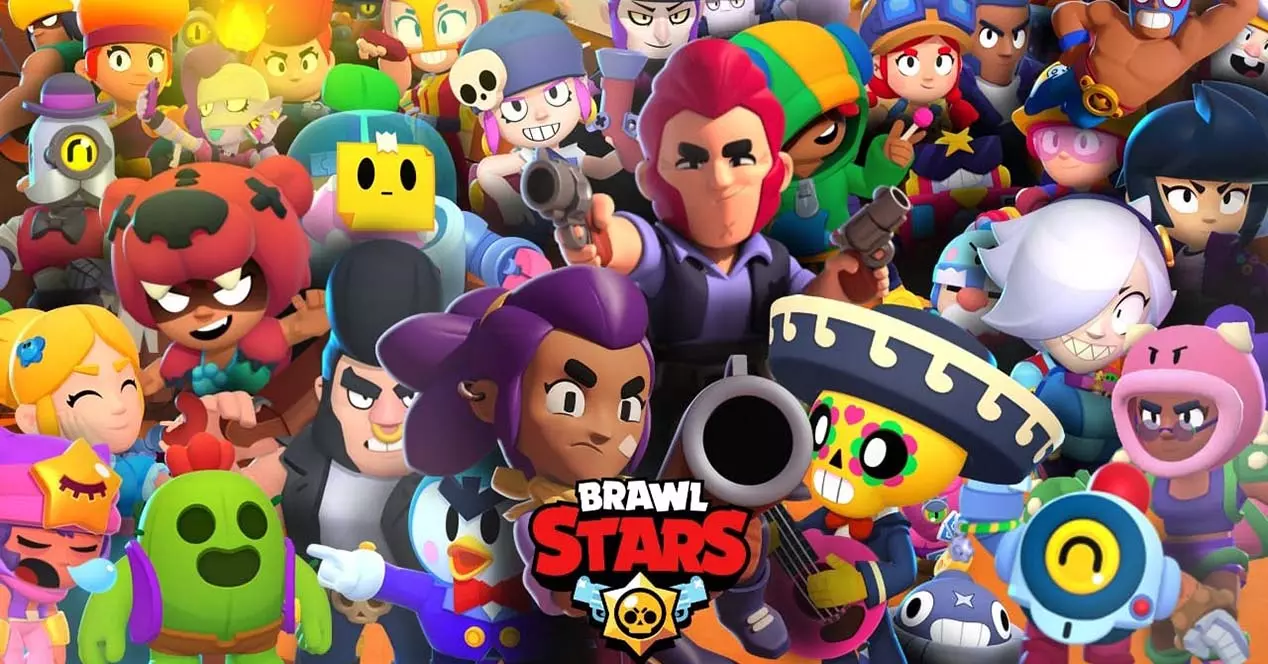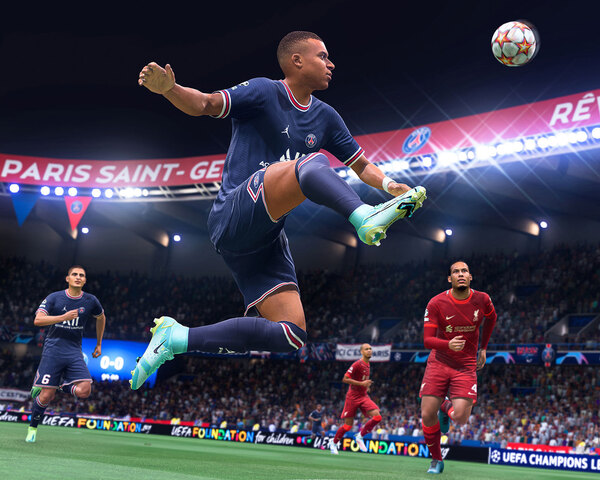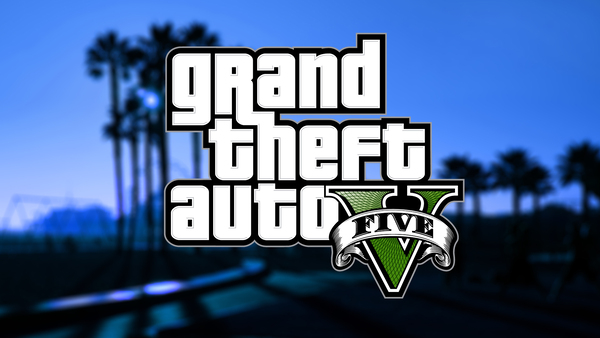Advertisement
Popular Now
Red Dead Redemption 2 (RDR2) is known for its complex narrative, stunning visuals, and dynamic character development. One of the most fascinating aspects of the game is its Honor System, which measures the morality of protagonist Arthur Morgan based on his actions throughout the game. Unlike many other open-world games, RDR2 takes a nuanced approach to the consequences of your choices, shaping the story based on how honorable or dishonorable you are. This deep dive will explore how the Honor System works and how it influences gameplay, missions, and interactions.
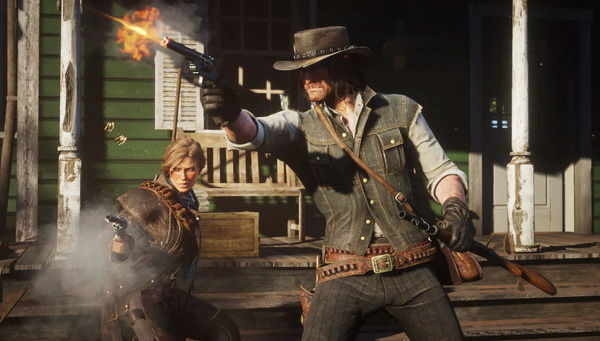 The Honor System in Red Dead Redemption 2 plays a pivotal role in shaping your overall experience in the game[/caption]
The Honor System in Red Dead Redemption 2 plays a pivotal role in shaping your overall experience in the game[/caption]
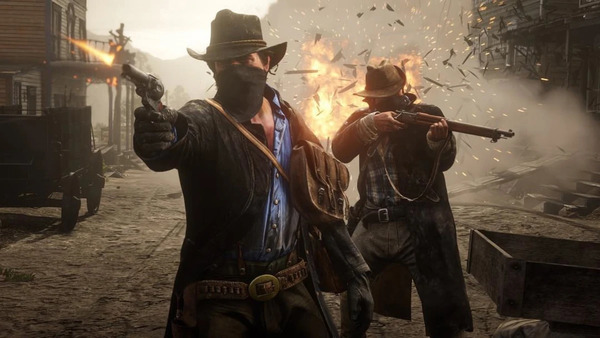 Your honor level can also determine how you handle bounties and law enforcement[/caption]
Your honor level can also determine how you handle bounties and law enforcement[/caption]
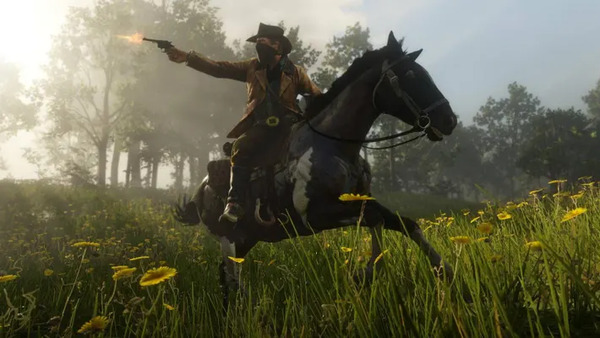 Another way to lower your honor is to betray or kill characters who trust you[/caption]
Another way to lower your honor is to betray or kill characters who trust you[/caption]
Introduction to the Honor System in RDR2
The Honor System in Red Dead Redemption 2 plays a pivotal role in shaping your overall experience in the game. It affects how other characters perceive Arthur, how missions unfold, and even the ending of the story. Your honor level fluctuates based on the decisions you make-ranging from interactions with strangers to how you handle the law. Understanding how this system works can help you decide whether you want Arthur to be a righteous outlaw or a ruthless bandit. [caption id="attachment_1703" align="aligncenter" width="600"] The Honor System in Red Dead Redemption 2 plays a pivotal role in shaping your overall experience in the game[/caption]
The Honor System in Red Dead Redemption 2 plays a pivotal role in shaping your overall experience in the game[/caption]
How the Honor System Works
The Moral Compass of Arthur Morgan
Arthur Morgan’s honor meter ranges from honorable to dishonorable, with every action you take having an effect. Helping a stranger in need will increase your honor, while robbing a passerby will decrease it. This system isn’t binary; instead, it’s a fluid scale that shifts depending on the consistency of your actions.Tracking Your Honor
Your current honor level can be tracked in the player menu, with an honor bar that moves between high and low. Small icons or notifications will also pop up during gameplay, notifying you when your actions affect your honor.Consequences of High Honor
Playing with high honor presents Arthur as a more righteous character, with several benefits tied to maintaining good standing.Positive Reactions from NPCs
When Arthur has a high honor level, NPCs are more likely to greet him positively. Townsfolk may offer discounts at stores or even give you free items as a gesture of goodwill. In addition, interactions with lawmen tend to be more lenient.Unlocking Unique Storylines
High honor can also affect the narrative in profound ways. Some story missions will play out differently if Arthur is seen as an honorable man, leading to unique dialogue and scenarios. In the game’s epilogue, certain cutscenes and endings are reserved for players who maintained high honor throughout.Consequences of Low Honor
Choosing a dishonorable path in RDR2 offers its own set of unique outcomes. Many players find the outlaw experience rewarding in a different way.Negative Interactions with NPCs
If you have low honor, expect NPCs to react negatively. Store owners may overcharge you, pedestrians may flee in fear, and even fellow outlaws might hesitate to trust you. The game world becomes harsher as you dive deeper into a life of crime.Narrative Changes for Dishonorable Players
Like with high honor, the narrative shifts when playing dishonorably. Certain missions and storylines offer darker, more cynical outcomes, and Arthur’s inner thoughts and journal entries reflect a growing detachment from his moral compass.How Honor Affects Gameplay and Missions
Altering Mission Outcomes
One of the most dynamic aspects of the Honor System is how it impacts specific missions. Some missions are only available to players with a particular honor level. For instance, helping certain NPCs may lead to honorable outcomes that would not appear if you were dishonorable.Rewards Based on Honor
The honor level not only affects mission structure but also the rewards you receive. High honor players are more likely to receive cash rewards or items that reflect their moral standing, while low-honor players may find themselves rewarded with more sinister tools, such as violent weapon upgrades. [caption id="attachment_1704" align="aligncenter" width="600"] Your honor level can also determine how you handle bounties and law enforcement[/caption]
Your honor level can also determine how you handle bounties and law enforcement[/caption]
The Role of Honor in Combat
How Honor Affects Gunfights
Whether you’re defending innocents or raiding camps, your honor will change the tone of combat in RDR2. For example, high-honor players may approach fights with more caution, preferring to avoid unnecessary bloodshed. In contrast, low-honor players often engage in chaotic, brutal gunfights without much regard for collateral damage.Handling Bounties and the Law
Your honor level can also determine how you handle bounties and law enforcement. High-honor players are more likely to cooperate with sheriffs and avoid racking up high bounties, while low-honor players may constantly find themselves evading the law and dealing with bounty hunters.The Impact of Honor on Relationships
Companions and Camp Dynamics
Arthur’s relationships with his fellow gang members also change based on his honor. High-honor players will notice more camaraderie and respect within the gang, leading to deeper bonds. Low-honor players may find that the camp becomes more hostile and tense, with fewer opportunities for positive interactions.Romantic and Familial Connections
Certain characters, like Mary Linton, are especially affected by Arthur’s honor. High-honor Arthur may find more closure and redemption in these relationships, while low-honor Arthur might sever ties completely, losing the chance at emotional resolution.Honor in the Epilogue and Endgame
How Your Choices Shape the Ending
The Honor System plays a crucial role in determining the game’s ending. Depending on your honor level, Arthur’s final moments and the epilogue change significantly. A high-honor Arthur tends to have a more heroic and redemptive conclusion, while a low-honor Arthur meets a grimmer, more tragic fate.John Marston’s Honor After Arthur
Interestingly, the Honor System doesn’t end with Arthur. In the epilogue, you control John Marston, and his actions are also subject to the Honor System. Whether you choose to continue the high or low-honor path affects John’s story and the conclusion of the epilogue.How to Raise Your Honor in RDR2
Help NPCs in Need
One of the easiest ways to raise your honor is by helping random strangers on the road. From freeing a trapped horse to stopping a robbery, these small acts of kindness can rapidly increase your honor.Turn in Criminals Instead of Killing Them
During bounty missions, capturing targets alive instead of killing them results in a significant honor boost. Similarly, sparing rival gang members when given the option improves your honor level.How to Lower Your Honor in RDR2
Engage in Criminal Activity
To lower your honor, you can participate in robberies, kill NPCs indiscriminately, or steal horses. While these actions offer quick rewards in terms of loot and cash, they will quickly reduce your honor standing.Betraying Allies or Gang Members
Another way to lower your honor is to betray or kill characters who trust you. Dishonorable players often choose to manipulate situations to their advantage, sacrificing relationships for personal gain. [caption id="attachment_1705" align="aligncenter" width="600"] Another way to lower your honor is to betray or kill characters who trust you[/caption]
Another way to lower your honor is to betray or kill characters who trust you[/caption]










